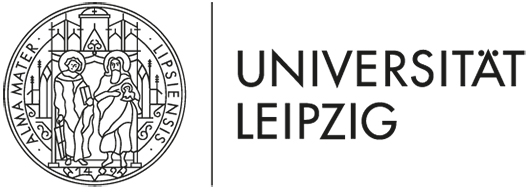R. López Posadas: Piezo mechanosensitive receptor interplay with tight junction proteins for maintenance of epithelial cell number and integrity
Principal investigator
Dr.Rocío López-Posadas
Universitätsklinikum Erlangen
Translational Research Center (TRC)
Schwabachanlage 12
91054 Erlangen
Tel: +49 (0)9131-85-39602 (office)
rocio.lopez-posadas(at)uk-erlangen.de
SPP funded collaborator
Phuong Ngo Anh
Universitätsklinikum Erlangen
Translational Research Center (TRC)
Schwabachanlage 12
91054 Erlangen
phuong.ngoanh(at)uk-erlangen.de
Summary
Epithelial function in the gut is crucial for the maintenance of an adequate physical and immunological barrier between the environment (intestinal lumen) and the organism. Therefore, intestinal epithelium follows a complex and tightly regulated turnover process, which guarantees protection against harmful substances and microorganisms potentially leading to the activation of local immune response, which can cause in turn intestinal inflammation, such as in Inflammatory Bowel Diseases (IBD). Intimately connected to the cytoskeleton and intercellular junction proteins, mechanical sensations are crucial for adequate intestinal functions, such as motility and defecation. Accordingly, alterations in mechanosensations are indeed associated with gastrointestinal diseases, such as constipation, or even cancer. In this context, we aim at deciphering the relevance of mechanosensations for epithelial turnover in the gut, and its impact on gut homeostasis and tumorigenesis, with special focus on the role of the ion mechanosensing ion chanel Piezo1, and its interplay with tight junction proteins for maintenance of epithelial homeostasis in the gut. Together, our project will provide innovative knowledge on mechanical force sensations and intercellular junctions as regulators of epithelial turnover in the gut, in the context of homeostasis and pathology.
Expertise
Experimental mouse models of intestinal inflammation and colorectal cancer, intestinal organoid culture system, prenylation.


